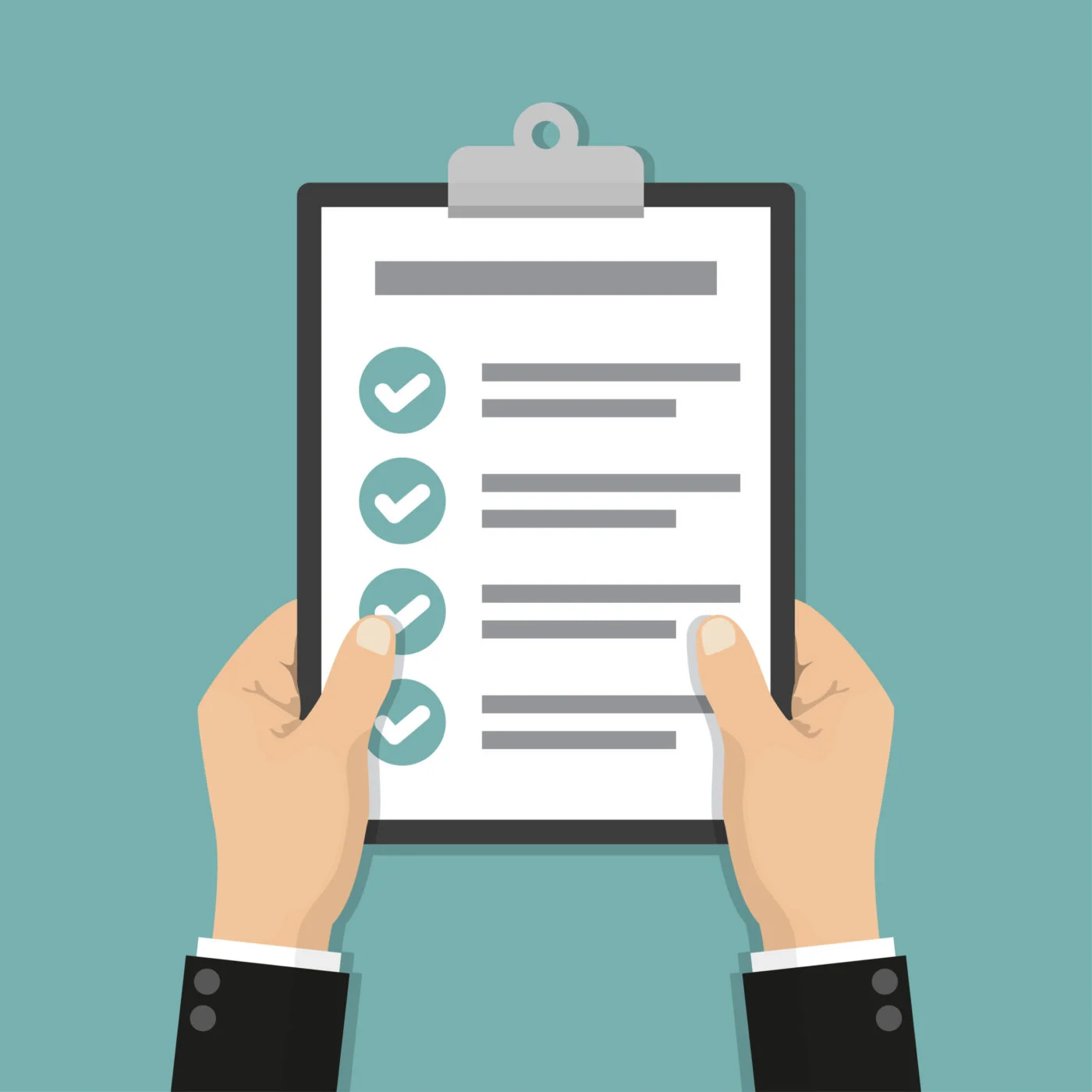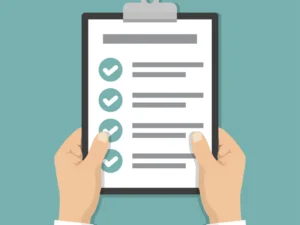Cyber threats are not only more prevalent but also more sophisticated than ever. As a website agency, your clients trust you to build and maintain secure, high-performing websites. However, even the most carefully designed websites are vulnerable to security risks. From common exploits to advanced cyberattacks, every website is at risk, and it’s your responsibility to help mitigate those risks for your clients.
This is where a website security audit becomes your first line of defense. A comprehensive audit is essential to maintaining a strong security posture, protecting your clients’ websites from breaches, and enhancing their overall online presence.
What Is a Website Security Audit?
A website security audit is an in-depth evaluation of a website’s security measures. It involves identifying potential vulnerabilities, misconfiguration, outdated software, and other factors that may expose the site to security risks. By thoroughly examining the website’s architecture, infrastructure, and coding practices, an audit aims to uncover any weak points that could be exploited by malicious actors.
The audit process is systematic and meticulous, focusing on all aspects of website security. This includes everything from ensuring proper SSL configurations, securing databases, and analyzing user authentication methods to uncovering hidden backdoors and vulnerabilities in third-party plugins.
For website agencies, this process not only helps safeguard your clients but also builds trust and credibility, demonstrating your commitment to keeping their digital assets safe.
Why Website Agencies Need Security Audits
As an agency managing multiple websites for different clients, your team is on the front line of ensuring online safety. A website security audit helps you take a proactive approach to cybersecurity rather than waiting for a breach to occur. By conducting regular audits, you help your clients prevent data breaches, malware infections, and other cyber threats before they even arise.
Here’s why your agency should consider incorporating security audits into your service offerings:
- Protect Client Reputation: A cyberattack on a client’s website can have devastating consequences. Whether it’s data loss, service interruptions, or sensitive customer information being stolen, the reputation of your client (and your agency) is at stake. A security audit helps ensure your clients’ businesses are protected from these risks.
- Mitigate Financial Losses: Cyberattacks can lead to expensive recovery efforts, legal consequences, and loss of revenue. For your clients, having to repair the damage caused by an attack could result in significant financial strain. Performing security audits is a cost-effective way to prevent this from happening.
- Stay Ahead of Emerging Threats: Cyber threats evolve constantly, with new vulnerabilities emerging regularly. By performing regular security audits, you can stay one step ahead of hackers and protect your clients’ websites against both common and advanced threats.
- Comply with Industry Standards: Many industries have strict compliance requirements when it comes to cybersecurity. Conducting a website security audit ensures that your clients’ websites meet these regulatory standards, helping them avoid fines and legal issues.
- Reduce Attack Surface: A comprehensive audit identifies areas where your clients’ websites are most vulnerable, enabling you to reduce their attack surface. This means fewer points of entry for hackers, reducing the overall risk of a successful attack.
What Does a Website Security Audit Cover?
A website security audit provides a detailed analysis of several key areas. Below are some of the primary aspects that a comprehensive audit should include:
- Vulnerability Scanning: Automated tools are used to scan the website for known vulnerabilities. This includes checking for outdated software, insecure plugins, misconfigured firewalls, and other common weaknesses.
- Penetration Testing: This involves simulating real-world attacks to test how well the website’s defenses hold up. Penetration testing goes beyond automated scanning by actively trying to exploit identified vulnerabilities.
- SSL and Encryption Analysis: Ensuring secure communication between the website and its users is critical. An audit will check for proper SSL configurations, ensuring data is encrypted during transmission.
- User Access and Authentication Review: Weak or poorly implemented authentication mechanisms are common points of entry for hackers. The audit will review password policies, multi-factor authentication, and user roles to ensure only authorized personnel can access sensitive areas of the website.
- Firewall and Network Security Review: Auditing firewall rules, network configurations, and ensuring the server hosting the website is secure is essential to protect against external attacks.
- Database Security Assessment: Databases often store sensitive information such as customer data. The audit will look for unsecured databases, SQL injection vulnerabilities, and other risks that could compromise sensitive information.
- Malware and Backdoor Detection: A thorough security audit will detect any malware, viruses, or backdoors that might already be present on the website. Catching these threats early prevents further damage.
Building Trust Through Proactive Security
Offering security audits to your clients enhances the trust they place in your agency. By helping them strengthen their online security, you not only protect their websites but also establish your agency as a proactive, reliable partner. Clients want to know their websites are in safe hands, and showing a commitment to their cybersecurity will strengthen your reputation and deepen client relationships.
Incorporating website security audits into your service portfolio sets your agency apart from the competition, positioning you as a leader in protecting clients’ digital assets from both common and sophisticated threats.
Take Action Now to Protect Your Clients
Don’t wait for a security incident to occur. Take proactive steps to safeguard your clients’ websites today. A website security audit is an essential service that ensures your clients’ websites are fortified against evolving cyber threats. By identifying vulnerabilities before hackers do, you can reduce their attack surface, improve their security posture, and give them peace of mind.
Make website security audits a cornerstone of your agency’s offerings, and help your clients navigate the digital landscape securely.



Media Wolf –
The security audit was thorough and eye-opening. Media Wolf identified risks we didn’t even know existed and provided clear steps to fix them. We now feel much more confident in our site’s security.
Media Wolf –
After a serious breach, Media Wolf didn’t just clean up the mess – their security team gave us a detailed vulnerability report that helped us understand where we went wrong. Their expertise were invaluable and very insightful, we will definitely use them again.